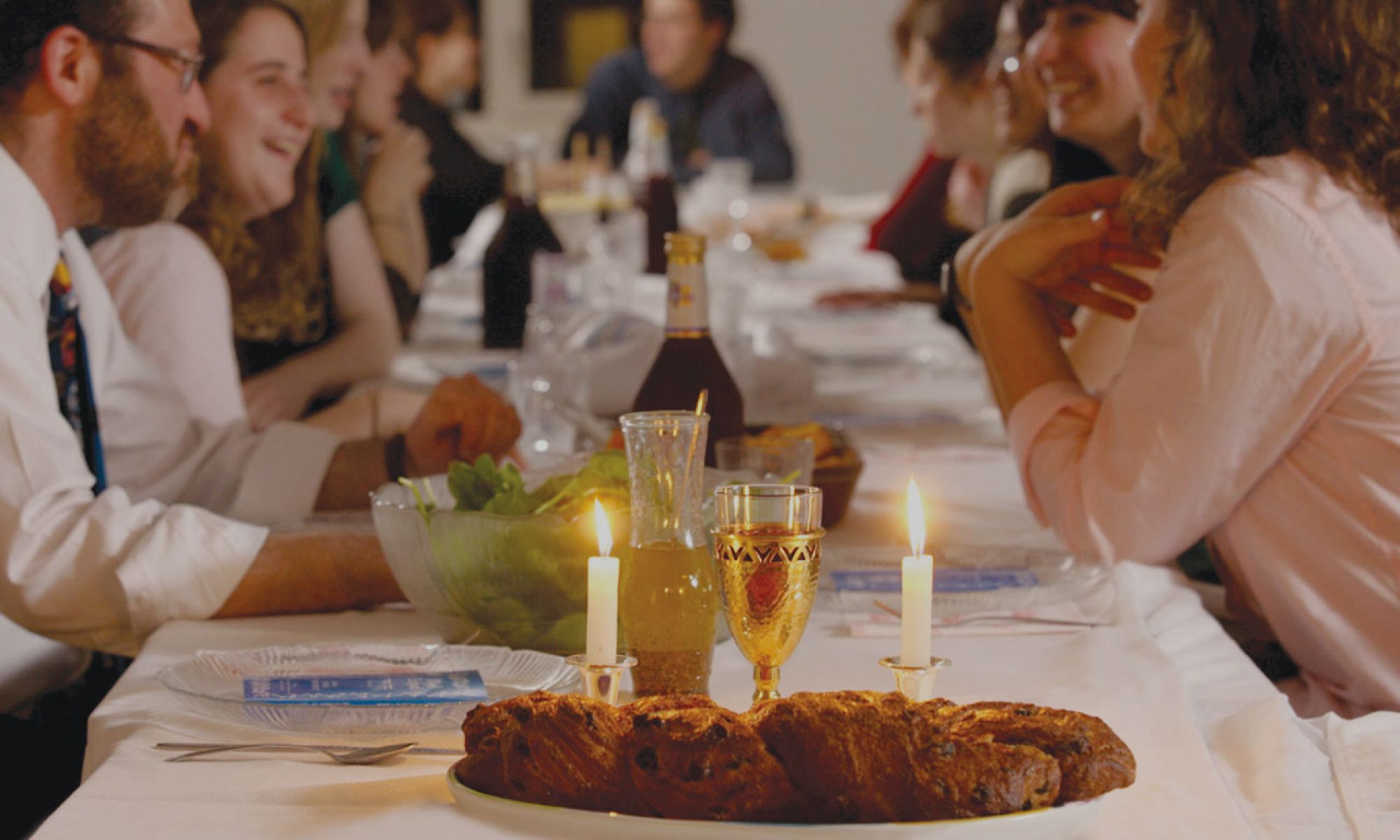An Idea on Ushpizin
Who and What Are the Ushpizin
“Ushpizin” is Aramaic for “guests,” a reference to the seven supernal guests, “founding fathers” of the Jewish people, who come to visit us in the sukkah, one for each of the seven days of the festival:
- Day one: Avraham
- Day two: Yitzchak
- Day three: Yaakov
- Day four: Moshe
- Day five: Aaron
- Day six: Yosef
- Day seven: David
Translated into English, the word “ushpizin” loses some of its mystery and otherworldliness. Yet these “guests” are indeed quite mysterious (at least until we learn more about them) and otherworldly (at least until we make them part of ours). We use the Aramaic term because our source of information about these mystical guests is from the Zohar, the fundamental Kabbalistic work written in that mystical language.
Guests
Guests are an important part of the Jewish home all year round—there were even Jews who would never partake of a meal in their own home unless there was at least one guest, preferably a needy wayfarer, with whom to share it—but especially on Shabbos, and even more especially on the Jewish festivals (Pesach, Shavuos, Sukkos, Rosh Hashanah, etc.). On the festivals, there is a special mitzvah (divine commandment), “You shall rejoice on your festival” (Deuteronomy 16:14), and, our sages explain, the only true joy is shared joy. In the words of Maimonides (Mishneh Torah, Laws of the Festivals 6:18): “When one eats and drinks, one must also feed the stranger, the orphan, the widow and other unfortunate paupers. But one who locks the doors of his courtyard, and eat and drinks with his children and wife but does not feed the poor and the embittered soul—this is not the joy of a mitzvah, but the joy of his belly . . .”
If guests are integral to festival joy, they are even more so to Sukkos. Sukkos is the festival of Jewish unity; in fact, the Talmud states that “it is fitting that all Jews should sit in one sukkah.” If this is logistically difficult to arrange, it should, at the very least, be implemented in principle. We cram as many guests as possible into our sukkah, demonstrating that we fully intend to implement the Jewish communal sukkah to the full extent of our ability, each in our own domain.
The Kabbalah of the Ushpizin
And so we come to the ushpizin. As we fill our sukkah with earthly guests, we merit to host seven supernal guests. While all seven ushpizin visit our sukkah on each of the seven nights and days of Sukkos, each supernal “guest” is specifically associated with one of the festival’s seven days, and is the “leading” or dominant ushpiza for that night and day.
The Kabbalists teach that these seven leaders—referred to in our tradition as the “seven shepherds of Israel”—correspond to the seven sefiros, or divine attributes, which categorize G‑d’s relationship with our reality, and which are mirrored in the seven basic components of our character (man having been created “in the image of G‑d”).
As each supernal “guest” graces our sukkah, he empowers us with the particular quality that defines him. This is the deeper reason that they are called the “shepherds of Israel,” for like a shepherd who provides nourishment for his flock, these seven leaders nourish us their spiritual essence: Abraham feeds us love; Isaac, self-discipline; Jacob, harmony and truth; and so on.
And while these seven great souls are our “shepherds” all year round, the seven days of Sukkos are a time when their presence in our lives is more pronounced and revealed. As we enter the “temporary dwelling” of the sukkah, freeing ourselves from the dependence we developed on the material comforts of home and hearth, we are now in a place in which our spiritual self is more revealed and accessible. In this place the ushpizin visit us, empowering us to connect the seven dimensions of our own soul’s “divine image” with its supernal source in the divine sefiros, feeding, nourishing and fortifying our spiritual self for the material year to come.
The seven sefiros, or divine energies, we are fed by the ushpizin are:
First day – Chessed: Avraham – the attribute of “Benevolence” or “ Love”
Second day – Gevurah: Yitzchak – “Restraint” and “Discipline”
Third day – Tiferes: Yaakov – “Beauty,” “Harmony” and “Truth”
Fourth day – Netzach: Moshe – “Victory” and “Endurance”
Fifth day – Hod: Aaron – ”Splendor” and “Humility”
Sixth day – Yesod: Yosef – “Foundation” and “Connection”
Seventh day – Malchus: David – “Sovereignty,” “Receptiveness” and “Leadership”

